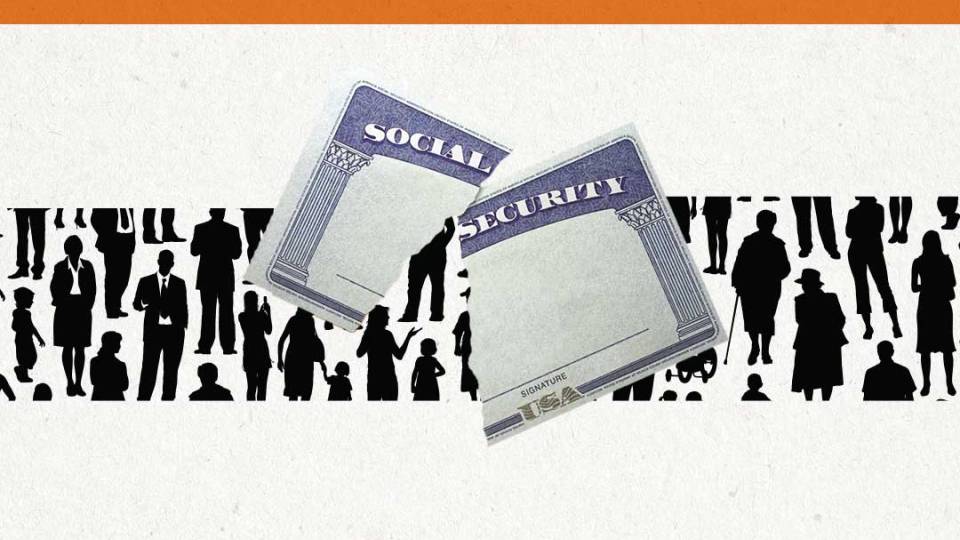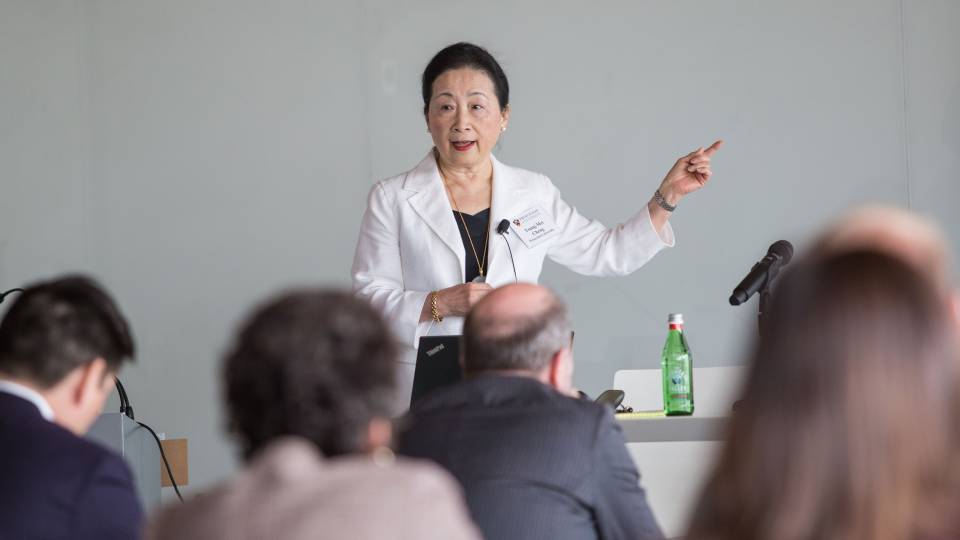Sociologist studies mixing money and relationships
The Sept. 11 terrorist attacks have put victims' families in theawkward position of asking themselves how they should be compensatedfinancially for the loss of a relative. Having to assign a cash amountto a human relationship may seem like a rare occurrence, but it comesup in our daily lives more than we realize, pointed out Viviana Zelizer, the Lloyd Cotsen '50 Professor of Sociology .
Whether we are paying for child care or buying an engagement ring,intimate relationships and cash are often intermingled. And for mostpeople, it's a puzzling combination to think about, said Zelizer."Typically, we're very uncomfortable with the mingling. We think it's going to corrupt," she said.
And yet what Zelizer has found in her research is that there are somany facets of our lives that involve both money and intimacy that, infact, we don't need to be so fearful of the combination. "Once youobserve the practices, it's clear that the assumption that the sheercoexistence of money and intimacy will produce disorder or corruptionis simply not true," Zelizer explained. "The question I'm asking is, 'Why do we have this feeling that it corrupts when it usually doesn't?'"
Zelizer has been exploring the relationship between economicprocesses and social ties for the last 20 years. She began examiningthat interaction with her 1979 book "Morals and Markets," which dealtwith the development of life insurance. She looked at the changingdynamic of childhood in American society in "Pricing the PricelessChild" (1985) and the way that social and cultural values influence money in "The Social Meaning of Money" (1994).
Zelizer, who joined the Princeton faculty in 1988, became interestedin the issues surrounding finances and relationships after moving tothe United States from Buenos Aires in 1967 in what she describes as "aseries of adventures with unanticipated consequences. And I becamefascinated with three related questions: How do people manageuncertainties? How is it that so much human action ends up producingeffects different from those that people intended? And how,nevertheless, do people seem to live relatively orderly lives? Economic processes raise all three questions."
Her current book project, tentatively titled "The Purchase ofIntimacy," examines child care as one example of an arena fraught withthe conflicting feelings that arise out of the meeting of money andrelationships. Our discomfort with paying someone to care for ourchildren, for example, has contributed to the current low pay given tochild-care workers, she said. "And accepting low pay is somehow an indication of greater devotion," Zelizer added.
The full story is available in the Weekly Bulletin.
Contact: Lauren Robinson-Brown (609) 258-3601




